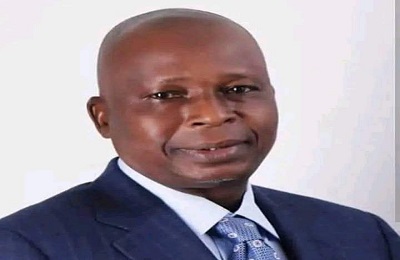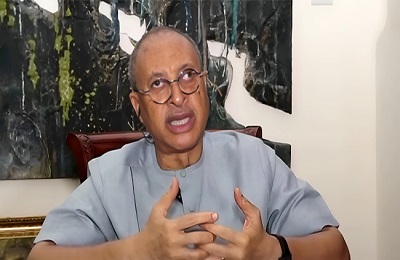In a decisive ruling, the Supreme Court in Abuja has made a significant decision: Fubara Appeal Dismissed. This case, filed by Rivers State Governor Siminalayi Fubara, challenged the established leadership of the Rivers State House of Assembly.
The court not only dismissed the appeal but also ordered Governor Fubara to pay N2 million to the Assembly and its Speaker, Martin Amaewhule. The decision came after Fubara’s lawyer, Yusuf Ali, withdrew the suit, acknowledging that recent events had rendered the appeal moot.
Fubara Appeal Dismissed: Background and Context
The Fubara Appeal Dismissed represents a legal setback for Governor Fubara and stems from a prior decision by the Court of Appeal. The Court of Appeal had criticized Fubara for presenting the 2024 Rivers State Appropriation Bill to only four members of the 31-member Assembly, a clear violation of the 1999 Constitution.
The Constitution is clear: a quorum, requiring at least one-third of the Assembly members, is necessary for such actions. Fubara’s presentation did not meet this requirement.
Governor Fubara had claimed that the faction led by Speaker Amaewhule lost its legitimacy after allegedly defecting from the People’s Democratic Party (PDP) to the All Progressives Congress (APC). However, following the dismissal of Fubara’s appeal, the lower courts ruled that he lacked sufficient evidence of the defection.
With the Fubara appeal dismissed, the court also ordered Governor Fubara to pay N2 million to the Assembly and its Speaker, Martin Amaewhule. The decision came after Fubara’s lawyer, Yusuf Ali, withdrew the suit, acknowledging that recent events had rendered the appeal moot. It also serves as a stark reminder of the importance of adhering to the rule of law and constitutional procedures in governance.
Justice Abba-Aji, delivering the judgment, confirmed the appeal’s rejection and the N2 million award to the respondents.
Commenting on the Fubara Appeal Dismissed, Tayo Oloruntola, a lawyer based in Ado-Ekiti, spoke with National Scoop. Oloruntola highlighted the far-reaching implications of the decision, emphasizing its reinforcement of the separation of powers and the critical role of a legislative quorum.
“Governors have a clear duty,” Oloruntola stated. “They must operate within the boundaries of the constitution and the law, rather than attempting to bypass them.”








